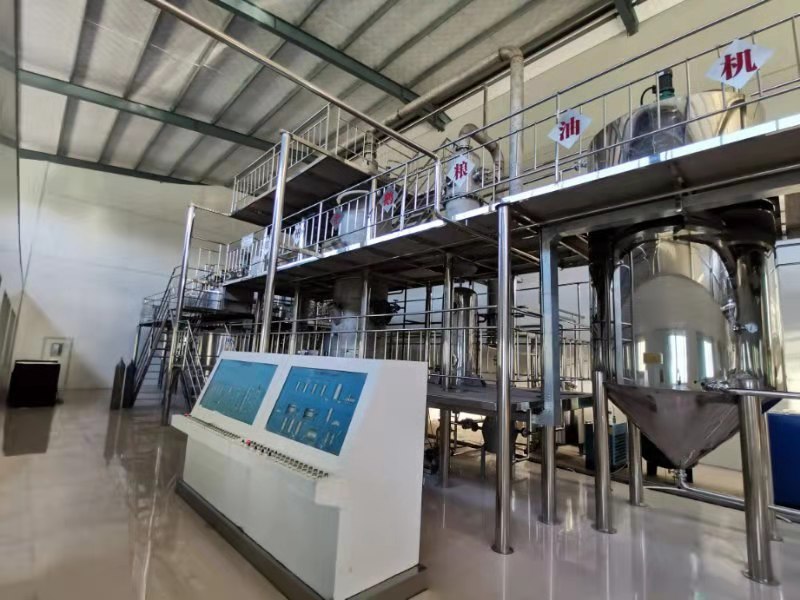.jpg?x-oss-process=image/resize,h_3000,m_lfit/format,webp)
Sesame oil production has long faced challenges such as inconsistent quality, high labor costs, and inefficiencies in extraction. Today, integrated fully automated sesame oil production lines provide a transformative solution, delivering superior output efficiency, food safety, and environmental sustainability. By automating every step — from raw sesame cleaning and drying to pressing, filtering, and finally fully enclosed bottling — these systems are revolutionizing how grain and oil enterprises compete on a global scale.
The sesame oil production process can be segmented into three critical automated stages:
Together, these integrated stages facilitate seamless production with real-time monitoring and control, reducing downtime by up to 35% as reported by operators in recent implementation cases.
One of the core advantages of modern sesame oil production systems is the utilization of a full-enclosed design. This mitigates contamination risk from environmental factors, minimizing exposure to dust and airborne microbes during pressing and bottling. Compliance with ISO9001:2000 quality management systems further ensures traceability and process rigor.
The typical oxidation rate drops by over 50% in full-enclosed lines compared to open systems, preserving essential nutrients such as antioxidants and unsaturated fatty acids that define premium sesame oil quality. This focus on food safety meets growing consumer and regulatory demands in export markets like the U.S. and EU.
Automated sesame oil production lines are modular and configurable to client needs, ranging from 500kg/day pilot plants to large-scale 20 tons/day facilities. Flexibility includes tailored equipment for different raw sesame varieties and bottling sizes. Recent case studies reveal:
| Scale | Daily Capacity | Yield Increase | Labor Cost Reduction | Payback Period |
|---|---|---|---|---|
| Small-Scale | 0.5 - 1 ton | 18% | 30% | 12-14 months |
| Medium-Scale | 5 - 10 tons | 25% | 40% | 8-10 months |
| Large-Scale | > 15 tons | 30% | 45% | 6-8 months |
These figures illustrate the compelling financial benefits of upgrading with integrated automation, boosting not only output but also product quality consistency and operational resilience.
The sesame oil industry increasingly embraces intelligent manufacturing technologies such as IoT-enabled sensors, AI-driven quality control, and data analytics for process optimization. The convergence of automation and digitalization will soon become standard practice, driven by international market demands for premium, safe, and traceable edible oils.
Enterprises not adopting integrated automation risk being outpaced by competitors who leverage these systems to enhance productivity, reduce costs, and meet global food safety standards. Thus, investing in cutting-edge production lines is critical to securing market positioning and accelerating growth.
.jpg)
Over 30 clients have already doubled their output volume through these integrated production solutions.
Get Your Customized Smart Sesame Oil Production Solution Today

For grain and oil processors eager to transition from traditional to intelligent production modes, the benefits extend beyond yield improvement—automation unlocks new commercial opportunities with consistent international-grade products and competitive cost structures.

Capitalize on the future of sesame oil production. Contact us now for a personalized consultation and join the ranks of industry leaders upgrading their manufacturing capabilities.

